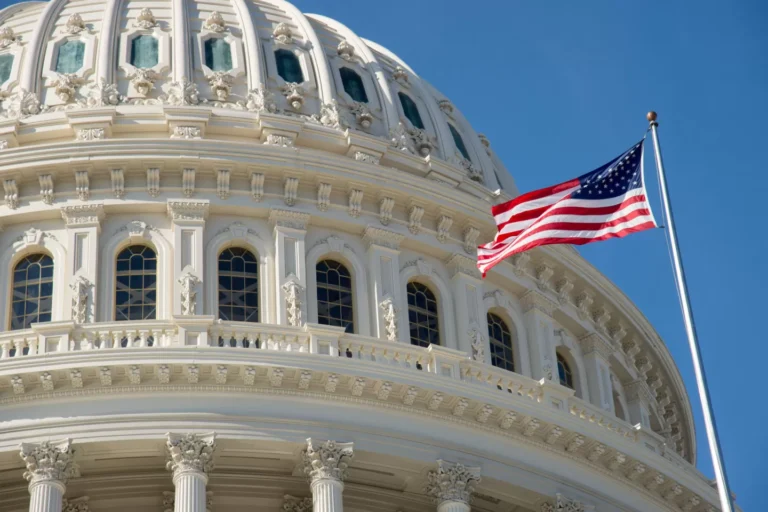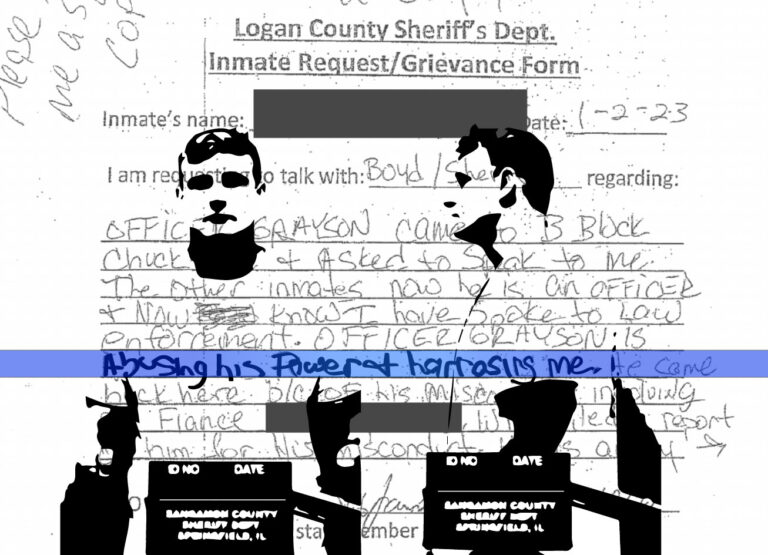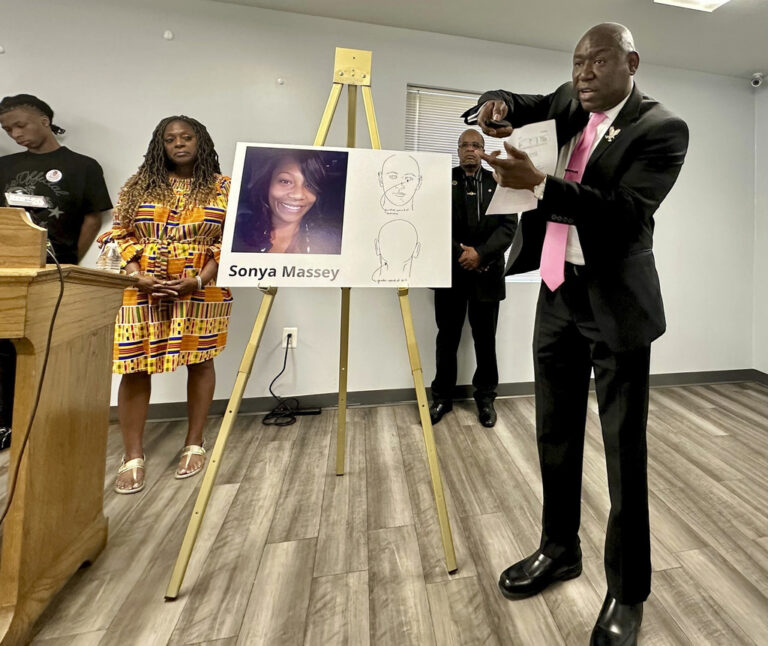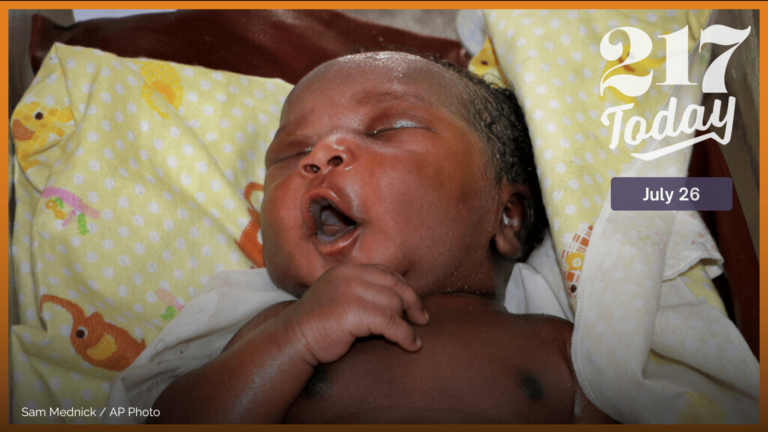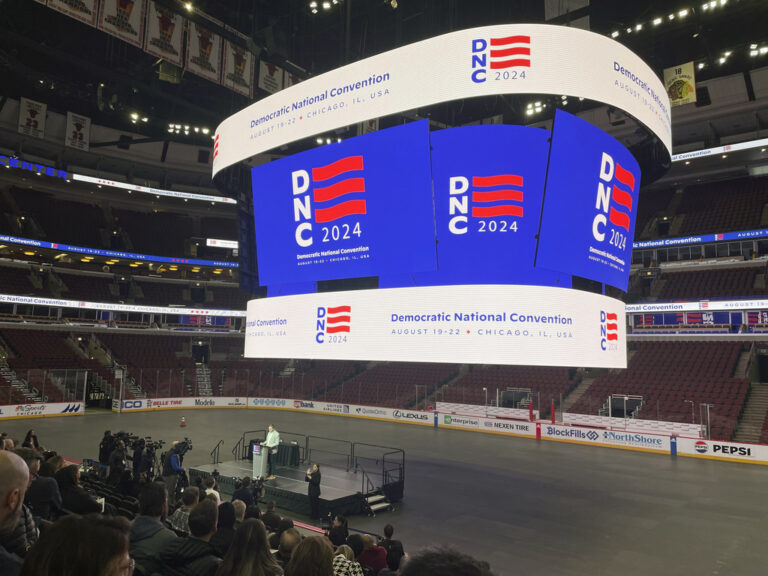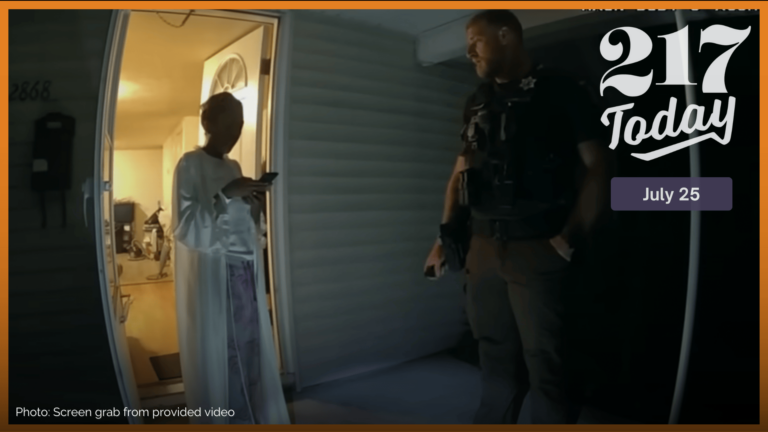The U.S. House Energy and Commerce Committee heard testimony Tuesday on a bipartisan proposal to mandate AM radios in cars and trucks.
The nearly three-hour hearing, hosted by the committee’s Subcommittee on Communications and Technology, promoted the “AM Radio for Every Vehicle Act”. The measure, introduced in May with bipartisan support in both the House and Senate, would require automakers to include AM radios in their vehicles.
Jerry Chapman testified on behalf of the National Association of Broadcasters. He is president of Woof Boom Radio, which owns twelve radio stations in Ohio and Indiana, including three AM stations. Chapman said the proposed AM radio mandate for motor vehicles would be important to his stations because the majority of radio listening is done in the car. And he says AM radio stations are the ones most likely to have community-oriented programming that can respond in an emergency.
Chapman noted the role that AM stations play in the Emergency Alert System, the national public warning system that radio stations in the U-S participate in. He noted that most of the stations chosen to initiate warnings in case of a national emergency are high-powered AM stations.
“These stations reach more than ninety percent of the United States,” Chapman said. “And so there’s not another technology or another medium right now that’s ready to step in and replace that.”
New Jersey State Police Lt. Colonel Christopher DeMaise also testified in defense of AM radio’s role in emergencies. He cited its wide use, especially among those who might not have access or familiarity with digital media.
“The extensive reach of AM radio signals and its high user acceptance ensures delivery to the widest audience possible,” said DeMaise
In response, Scott Schmidt with the Alliance for Automotive Innovation testified that the auto industry is committed to working with the federal government’s system for sending emergency alerts to a wide range of media. He noted the Integrated Public Alert & Warning System (IPAWS) established by the Federal Emergency Management Agency (FEMA) to deliver emergency information to several types of media. But Schmidt says there’s more to consider than AM radio, or other types of traditional radio.
“Congress has already directed FEMA to modernize and future-proof the system including emerging technologies,” said Schmidt. “What’s more, the FCC has noted challenges in analog radio’s steady decline and listenership and reception issues.”
The proposed AM radio mandate comes in response to the removal of AM radios from electric vehicles by some manufacturers, due to the interference caused by their batteries. Another inspiration was Ford Motor Company’s announcement that it would no longer provide AM radio in any of its vehicles. The company later backed off from those plans in response to criticism.
Representatives who made statements or asked questions of witnesses seemed to largely support the proposed mandate. Communications and Technology Subcommittee Ranking Member Doris Matsui (D-California) focused on AM radio’s wide usage.
“AM radio provides Americans a crucial public service,” said the California lawmakers. “Whether that’s information during an emergency, local news, or community-specific programming, AM radio delivers for consumers. While the media landscape continues to evolve, AM radio remains a mainstay for millions of Americans.”
Another lawmaker supporting the AM radio mandate is Illinois Democrat Robin Kelly, representing the state’s 2nd congressional district.
“I’m well aware that AM radio receivers in cars play an important role with various subsets of our community,” said Kelly, who cited herself as a regular listener to Chicago AM talk station WVON, which focuses on an African-American audience. But, noting how redistricting increased the number of her rural constituents, Kelly also asked questions about the importance of AM radio to farm broadcasting. Jerry Chapman told her that AM radio is often the best way for rural listeners to hear agricultural news, since it is free to hear, unlike subscription-based satellite programming.
The AM radio mandate measure would work by requiring the U.S. secretary of transportation to issue a rule mandating the inclusion of AM radio in vehicles.
In April, Transportation Secretary Pete Buttigieg responded to a question about whether AM radio needed protection from Illinois Public Media Ag Information Producer Todd Gleason. Buttigieg responded by saying he didn’t know of a “formal legal role” that his office would have in the matter. But he noted, “We certain recognize the important role that AM radio plays with regard to people getting information that they need for safety, notably, but not only, when it comes to weather emergencies. And one thing we know about these times is that weather emergencies are becoming more frequent and more severe.”

